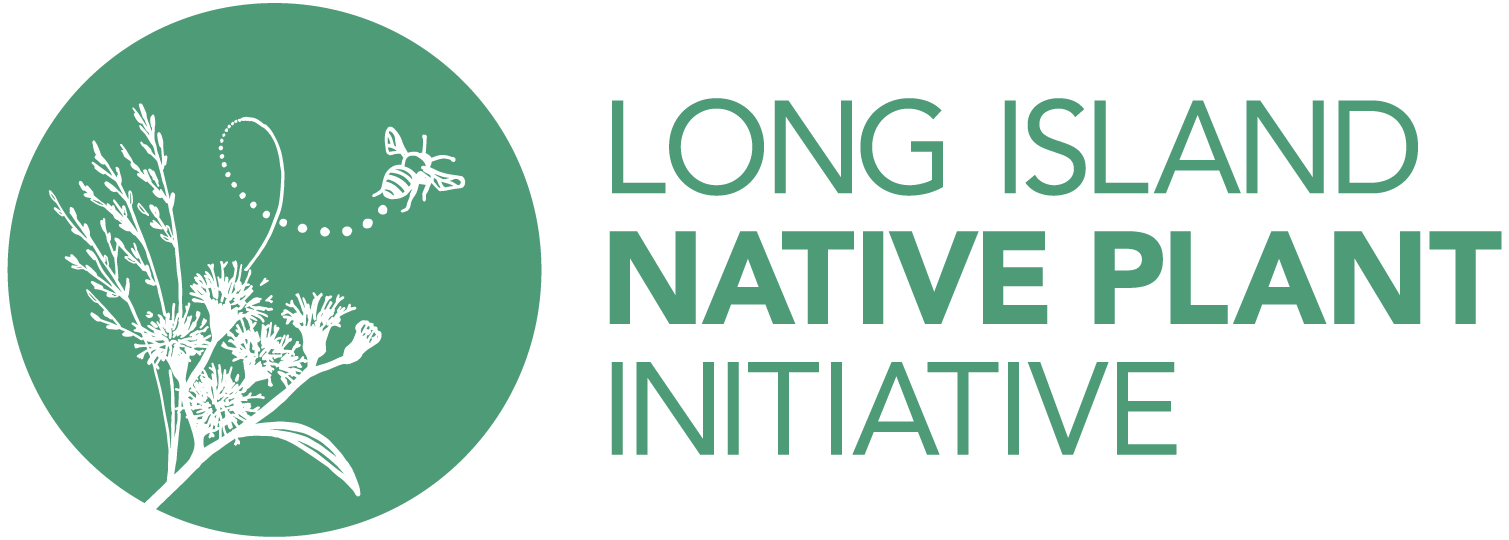The Common Wild Rose is a favorite for pollinators. They are a great nectar source for bees and butterflies, and stem-nesting bees prefer the hollow stems left behind by this shrub to lay their eggs. The 2-inch pink flowers appear in early summer and are followed by edible rose hips that are enjoyed by songbirds in the winter. This shrub will sucker and spread, forming colonies. The stems are heavily armed. Pet safe. (Photo by Anthony Marinello)
